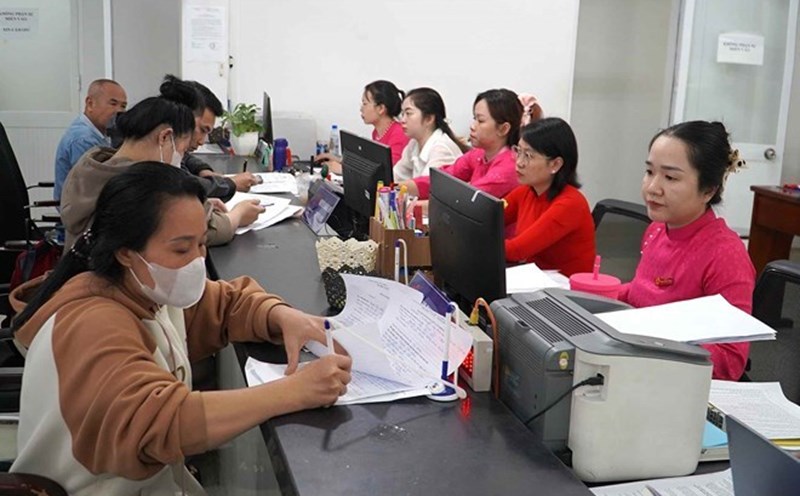Market confidence begins with information transparency
In the context of the world shifting to a green growth model, the requirement for transparency of information on environment - society - governance (ESG) has become a global standard. The above figures in financial statements not only reflect business performance, but also demonstrate the responsibility of businesses for sustainable development in a transparent and veriitable manner.
From this perspective, green accounting and auditing are becoming an indispensable foundation, helping businesses transform into a green growth model, while strengthening the confidence of the market and investors.
According to Dr. Vu Duc Chinh - Vice President of the Vietnam Accounting and Auditing Association, the path towards a green economy must start from reliable data. Mr. Chinh said that accounting and auditing need to ensure the quality of measurement and confirmation is independent and in harmony with international practices.
To make accounting information a true basis for the decisions of organizations and businesses, we must connect data - standards - market, said Mr. Chinh. According to him, this is a condition to form a mechanism to connect the green capital market, reduce compliance costs and promote capital flow circulation.
For Vietnam, perfecting the law on sustainability reporting, developing green bonds, green credit and building a capacity framework for accountants is a necessary step.
Dr. Vu Duc Chinh emphasized: "The green transformation strategy of accounting profession needs to link associations, training institutions, businesses and management agencies, ensuring connectivity between training - standards - service market".
Three challenges in implementing sustainable development reports

From a business perspective, Ms. Truong Hanh Linh - Deputy General Director of KPMG Vietnam - said that the implementation of the sustainability report in Vietnam currently faces three major challenges.
The first challenge is the awareness of business leaders. Many businesses still see sustainability reporting as a cost, rather than a strategic investment. When understanding the value of sustainable development reports for brands, access to capital and reputation with partners, businesses will be much more proactive, said Ms. Linh.
The second challenge is the data problem. The connection of financial and non-financial information is still limited, making it difficult to integrate reports. According to her, it is necessary to coordinate between consulting, auditing and technology units to build a modern data system and analysis tool, automating reporting processes.
The third challenge is human resources. The number of ESG experts in Vietnam is still small, many businesses have to hire foreign experts. We need to develop a human resource team not only for accounting and auditing but also for areas related to sustainable governance, Ms. Linh proposed.
Completing institutions, supporting businesses with transparent information
On the management side, Mr. Luu Duc Tuyen - Deputy Director of the Department of Management and Supervision of Accounting and Auditing (Ministry of Finance) - said that Vietnam is making step-by-step progress in integrating with international accounting standards. The Ministry of Finance has issued many IFRS approach guidelines and is studying the development of two standards compatible with ISSB S1 and S2, to support businesses in announcing feasible and effective sustainable development information.
According to Mr. Tuyen, the roadmap is divided into three levels: Large enterprises and public companies apply IFRS completely; small and medium enterprises apply VAS (Vietnam Accounting Standards) that are updated accordingly; and smaller groups are instructed to publish ESG information according to the appropriate roadmap. We hope to continue to receive sharing from the expert community and businesses to improve policies and serve the integration process, said Mr. Tuyen.











